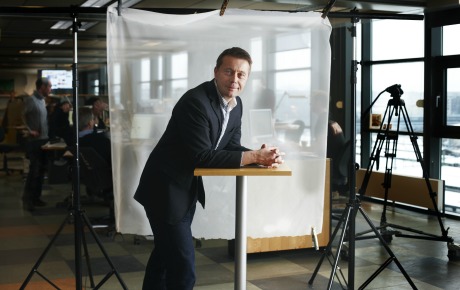
Tomas Brunegård believes that measuring can lead to change.
Bild: Pressbild
Time to gender scrutinize media content
2015-06-23 | Jenny Rönngren

INTERNATIONAL
For the first time gender balance in media organizations has had a central position on the agenda of the World Association of Newspapers and News Publishers (Wan-Ifra), according to chairman Tomas Brunegård. His statement is made just a few weeks after the annual conference in Washington. He believes that the next step may be to continuously visualize what content looks like from a gender perspective.
Two years ago the Global Alliance for Media and Gender (GAMAG) was formed. The initiative was taken by the UN education body UNESCO, when it became clear how little progress has been made regarding women's participation in and access to and influence over the media. Wan-Ifra is one of the 500 media organizations and groups from civil society who joined the campaign from the start and has two representatives on GAMAG’s steering committee.
Feministiskt perspektiv asked Tomas Brunegård, newly re-elected president of Wan-Ifra, what this commitment entails.
– That’s a big question. I just came back from Washington where we enjoyed our World News Media Congress which we hold once a year. One of the issues we have to deal with is precisely the gender issue. In these global organizations gender balance does not prevail. There is a vast preponderance of men, the numbers are almost embarrassingly bad.
No room for complacency
At the same time Brunegård notes that Wan-Ifra has no mandate to order its members to make changes. Wan-Ifra is originally an umbrella organization that today gathers both industry associations, media organizations and individual publishers from 120 different countries – each of which is entitled to nominate representatives on its board. Brunegård explains Wan-Ifra’s position.
– What we now call on is for all our members to think about gender issue when nominating representatives for board positions. It is the board’s way, of influencing the management of gender representation from a legal perspective. It is one of the contributions we can make. Nowadays there are women to nominate. If we look at Tidningsutgivarna, which is a Swedish organization in which I have been chairman, I think there are as many women as men on the board now. It did not look like that fifteen or twenty years ago. Women who are eligible or qualified for nomination have moved forward.
Another example that Tomas Brunegård highlights is the Women in News project that Wan-Ifra operates regionally in southern Africa with support from Sida (the Swedish development cooperation) to promote women's careers in the media industry.
According to Brunegård it has taken a long time to bring the issue of women’s representation in the media onto Wan-Ifra’s agenda, although discussions about the news content itself, has always have been there.
– I have been involved in Wan-Ifra for over ten years, and this was the first time the question of what representation looks like has been placed sharply on the table of the board. The content perspective tends to always be present. How to reach women tends to be a question that is naturally included. The media wants to reach everyone - young, old, men and women, people with different ethnic backgrounds – and all these issues are usually discussed. This was indeed the first time I experienced a discussion from the perspective of representation. And while this is nothing to boast about, but still something positive.
Awareness exists
Tomas Brunegård is also on the board of the Swedish public radio, and has previously been CEO and Chairman of the Swedish newspaper publisher Stampen Group. Based on those experiences he feels that things are moving in the right direction.
– On the floor, editorially speaking, they have had an eye on this and worked consciously to achieve a good balance. In my perspective, this is what it looks like. I’ve just come from a Norwegian media company board meeting and the gender issue was brought up there too, so there is an awareness.
But when it comes to content, the few comparable studies that have been carried out indicate that increasing women's representation is not enough to change what news is available or to combat discrimination and gender stereotypes in the news. These reports are based on voluntarily collected data. One example is the global media monitoring project (GMMP) which is carried out by activists every fifth year since the women’s convention in Beijing, in 1995. While the proportion of women whose voices are heard in the news increased globally from 17 to 24 percent, Sweden has remained stagnant at around 30 percent. This is despite the fact that news rooms in Sweden – unlike Wan-Ifra – now are gender balanced, including at managerial levels...
– I have not followed that, so I have actually not seen it, says Tomas Brunegård..
Prior to the Commission on the Status of Women at the UN in New York in March 2015, where the Beijing Platform of Action from 1995 was evaluated, GAMAG launched a position paper recommending measurable gender goals and gender indicators for inclusion in the post-2015 agenda, which is currently is being negotiated. Does Wan-Ifra support the proposition that gender goals and indicators should be developed in terms of representation and content?
– We haven’t taken such a decision in any board meeting or equivalent forum. However, since we are participating in the alliance, of course we stand behind it. From our perspective, we’re not the whole media sector but represent a part of a global organization. I believe that this work needs to be carried out in several steps. And our main task, because we have no authority over any member or individual organization, is to raise awareness and constantly ensure that the issue is highlighted and promoted through the projects for which we are directly responsible, like the Women in News project, especially in Africa. When considering our role from this perspective, this is the way we can influence.
Is it true that Wan-Ifra operates an opposing policy in the EU? That these types of gender goals and indicators should not be included in any European directives?
– We do not operate at the EU level at all. That may be another, closely related organization. Lobbying in the EU is usually managed by the European Newspapers Publisher’s Association, ENPA. Without knowing in detail, I think this is a ENPA matter and I can not really comment on why, and if so, they have that attitude.
Would you appreciate the availability of better data? Researchers lament that there is not enough data to monitor progress, which makes it difficult to know how to reach the goals...
– I agree with that. There’s an old motto ”what gets measured gets done”. To see this development we must have the ability to measure and monitor it. I believe this. It is something that characterizes all our projects, like with Women in News, they definitely contain measurable goals and monitoring of individuals. So that’s something we embrace: taking measures to ensure that what we do will be successful.
One argument that often comes up when mandatory measures are discussed, for example if states have targets and set up agencies that collect data, is the supposed conflict between gender equality and freedom of expression. How do you view the relationship between equality and freedom of expression?
– I have never ever thought so myself, or heard anyone argue that these things would be in opposition to each other. Equality is a humanitarian issue, in that you see each other as equals. It is a democratic issue and there is also a diversity perspective which promotes better quality and more dynamic context. I have never heard that equality would stand in contrast to freedom of expression or any press issue. And I definitely don’t think so. Nor in the role I have. Rather the opposite.
If data about the distribution of women and men, as well as the role of the people portrayed in the content, are you saying you would look favorably on it?
– Well, viewing this issue from my perspective of many years in the business in Sweden – not just the gender or diversity issue, which is a larger more complex issue – it is definitely something we must come to grips with in the media sector. The problem with the media is that if you do not have diversity in journalism, you do not get the diversity that reflects society.Today we have a society with a much greater diversity than ever before. I think that this is connected to the role of media and having a variety in journalism.It is something you have to work with and for. Therefore, you have to measure it in the ways that are possible to measure. One way is to measure the balance between men and women.
Who do you think should take the lead? It doesn’t really seem anyone wants to take on the task. We have had a few different projects in Sweden. Christina Jutterström ran journalistic annual accounts for a while. But the duration is always short, or the projects are for internal use. So it becomes difficult to compare. Do you have any ideas on how we could ensure continuous measuring and monitoring of the industry?
– Yes, I believe that insight must occur at the lowest possible level. For the Stampen Group, where I was CEO for 17-18 years, this was an important issue. Because the owners thought this was a very important issue, they made demands. There were both carrots and sticks. I remember when Christina Jutterström worked with these annual accounts. The problem is that people often want to capture too much data and become too detailed. Therefore it will only be a burden to companies, most of which today are working with fewer resources. You have to make this as simple as possible, so those who are out there and who make the decisions see this as a key question. Basically it ultimately benefits their own activities, their own ability to innovate. And that is how I actually look at the issue of equality and diversity.
I think many would agree with you in theory, but in practice it fails. We find no comparable figures except in temporary and volunteer-driven studies, often based on relatively small samples. We suspect the balance gets a little better with time, but for example, GMMP has not confirmed this feeling when it comes to the Nordic countries. Do you think that media companies should support data collection if governments decide that statistics must be provided so monitoring becomes possible?
– I do not think you should go to the government. You are then getting into a question of principle, and I now better understand the basis for your earlier question about freedom of speech and press freedom. We in the media have thought that we should be self-regulating, because the media is ultimately there to examine and observe and describe what governments, politicians and the public do. There has been an ideological debate about how close governments and regulators should approach the media to allow the highest level of self-regulation possible, because that is what we believe works best. I think ultimately, you should, work with media companies, and organizations representing media companies, as you do now, to raise awareness of the issues and try to encourage companies to voluntarily collect data. And it is possible to gather this on a global level. I have spoken about it with those who collect statistics and it is possible to do this, at least on an aggregate level.
The question is: who should pay for it? The are figures available. It involves collection and analysis, and someone must get compensation for doing it. Should some kind of joint body be considered?
– Well we collect data from our member companies. It is more about editions, ads, reading, and those kinds of statistics. It is possible that we should look at this issue too. It is something we need to discuss. For right now it is about such basic things as to ensure that the world’s different states, the various member organizations, nominate women for roles more than previously. Historically, it has been inadequate. The next phase of this could actually be to reveal content from a gender perspective. I will be happy to take the matter further. Again, the gender issue has become important develop media in countries where the media sector is weak.
Is it a success factor then?
– Yes, absolutely, we believe this is an important factor and a factor of success. We cooperate with the UNESCO. If we had the extended arm of the UN in this...
Well it is UNESCO that started this alliance, GAMAG, but they do not seem to have any money...
– No, and I don’t really know if it depends on the money. One aspect of the media industry is that on the one hand, there are plenty of statistics available, but there are also areas where there is not. Sometimes, the media industry has been among those not considered important to measure. Industrial companies are analyzed and measured thoroughly, whereas the media industry is not. This may well be something we should talk about. If we consider this issue so important that it should be measured, we could find ways to report it so that we get global statistics on the situation. Again, we will be happy to take a further look.
Kommentarer
Du måste vara inloggad för att kunna lämna en kommentar.
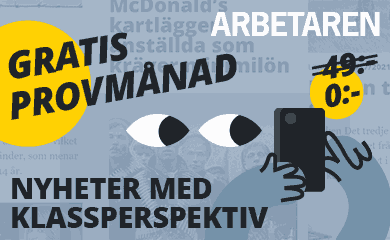
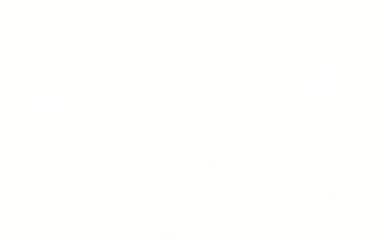
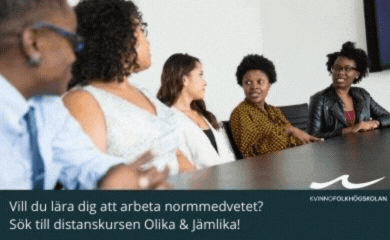




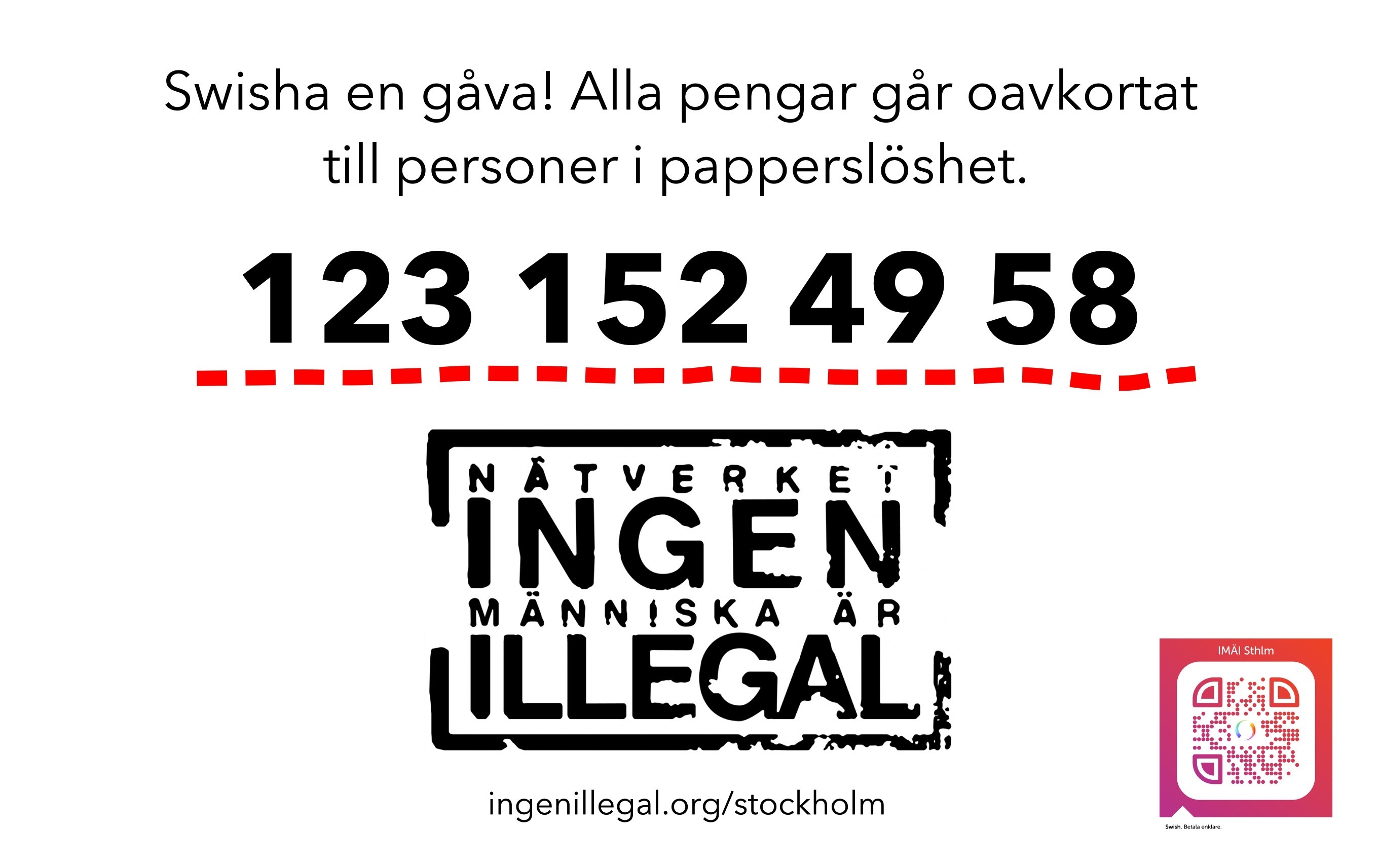
















MEST KOMMENTERAT
SENASTE KOMMENTARERNA
Om Var Grupp 8 en feministisk organisation?
Om #bildskolan 21: Att äta Den Andre
Om #bildskolan 21: Att äta Den Andre
Om Porr handlar om betalda övergrepp
Om Nobels fredspris till kampanj för att avskaffa kärnvapen
Om Feministiskt perspektiv öppnar arkivet och startar på nytt!
Om Rödgrönt ointresse för fred och nedrustning borde oroa många
Om Var inte målet att vi skulle jobba mindre?
Om Feministiskt perspektiv öppnar arkivet och startar på nytt!
Om Feministiskt perspektiv öppnar arkivet och startar på nytt!
MEST LÄST